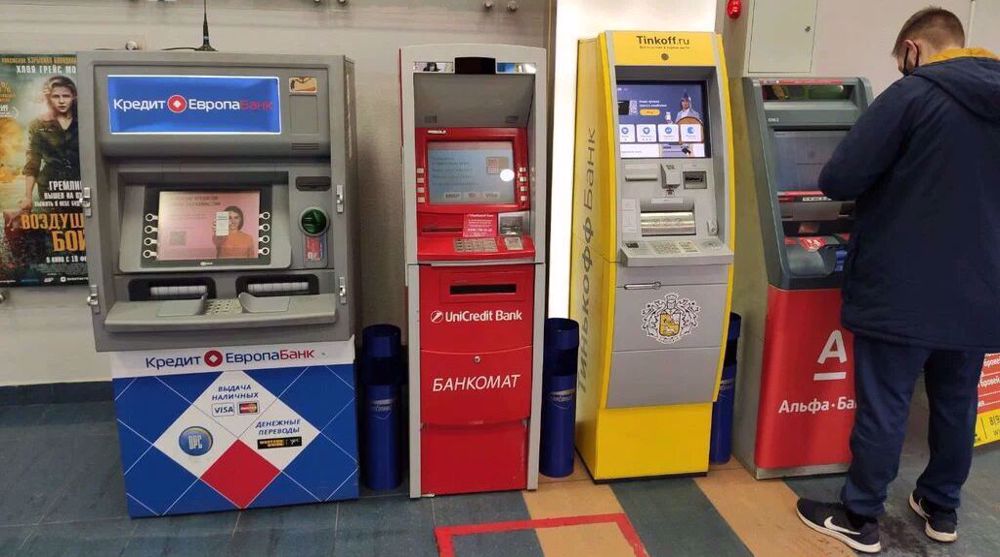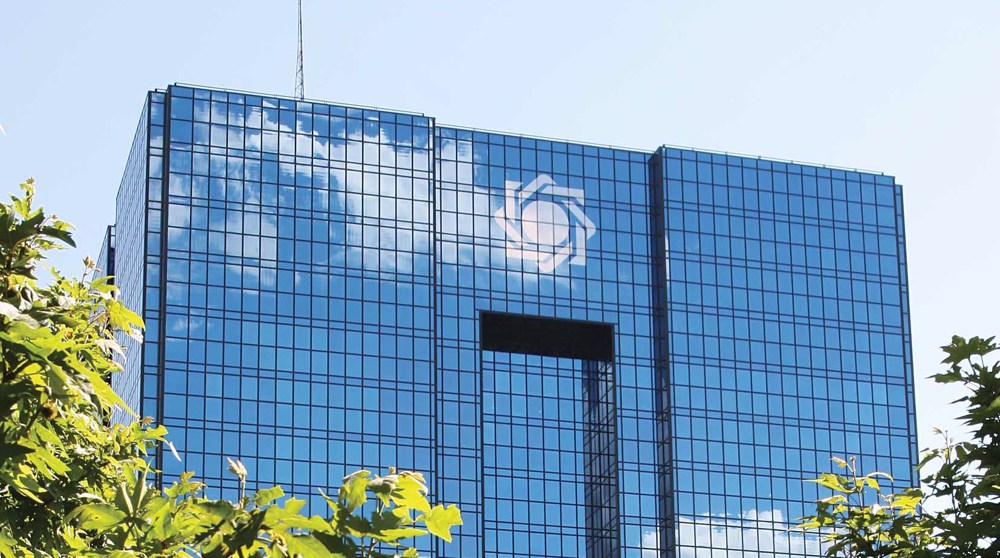Pakistan seeks to resume work on Iran gas pipeline after nuclear talks
Officials in Pakistan say they will be able to resume the joint gas pipeline project with Iran now that the nuclear talks with the P5+1 have ended in a conclusion.
Pakistan's Minister of Petroleum and Natural Resources Shahid Khaqan Abbasi said Wednesday that Islamabad is hopeful to revive the stalled project, which is expected to deliver Iranian gas to the energy-starved country.
"A lot of issues that have built up over the years will be resolved, especially the Iran-Pakistan pipeline, where we have a contractual obligation to buy the gas and they have the obligation to deliver the gas but that has been hit by the sanctions," Abbasi said.
The joint project was launched in 2010 and aims to construct 1,800 kilometers (over 1,100 miles) of pipeline from Iran to Pakistan. Iran announced the completion of its part of the project in 2013, but Pakistan suspended the work allegedly due to sanctions imposed by the West.
"Now hopefully, as the sanctions are removed, it will facilitate us in addressing our energy needs and also meet the contractual obligation," the Pakistani minister said.

Chinese contractors have been awarded with the construction of the pipeline from the southern Pakistani town of Nawabshah to the deepwater port of Gwadar, which is not far from Iran. Once the operation is over, Pakistan will only need to add "another 80 kilometers of pipeline to link up to Iran," Abbasi said, adding that the project could eventually be extended as far as Pakistan’s northern border with China.
After 18 days of marathon talks in the Austrian capital of Vienna, Iran and the P5+1 group of countries – the United States, Britain, France, China, Russia and Germany – reached a conclusion on the Joint Comprehensive Plan of Action (JCPOA), according to which the sanctions imposed on Iran would be removed in return for certain limits on the country's nuclear program.
VIDEO | Press TV's news headlines
VIDEO | Nurses protest against Israeli genocide at UN HQ
VIDEO | France-Israel football row
VIDEO | Archbishop of Canterbury quits over handling of abuse by pedo volunteer John Smyth
Hezbollah hits Tel Aviv with ballistic missiles; debuts tactical rocket in anti-Israeli struggle
VIDEO | Iraqi resistance fighters strike ‘vital targets’ across occupied territories
VIDEO | Hezbollah leader to fighters: You are the pride shaking foundations of Zionism
Iran not worried that Trump may toughen oil sanctions: Minister










 This makes it easy to access the Press TV website
This makes it easy to access the Press TV website